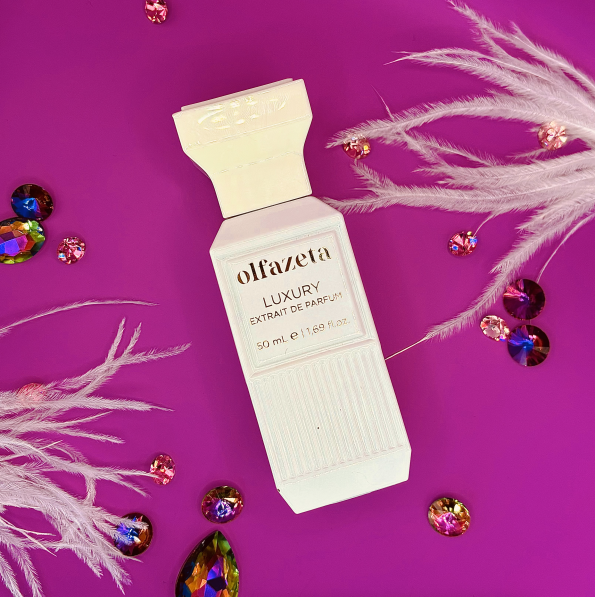As we age, our skin naturally loses its elasticity, moisture, and glow. While it’s a beautiful part of life, many people seek ways to maintain a youthful appearance as they grow older. One of the most popular and effective ways to combat the visible signs of aging is by using anti-aging serums. But with so many options available, how do you choose the right one for your skin?
In this blog post, we’ll break down everything you need to know about anti-aging serums, from their benefits to how they work, and how to pick the best one for your skin type.
What is an Anti-Aging Serum?
An anti-aging serum is a concentrated liquid formula designed to deliver potent ingredients directly to the skin. Unlike moisturizers, which focus on hydration, serums contain active ingredients that target specific skin concerns such as fine lines, wrinkles, dark spots, and loss of firmness. Due to their lightweight, fast-absorbing texture, serums are formulated to penetrate deeply into the skin, providing a more targeted approach to skin rejuvenation.
Why Use an Anti-Aging Serum?
Boost Skin Regeneration: The active ingredients in anti-aging serums can stimulate skin cells to regenerate more quickly. Ingredients like retinol and peptides are known to promote collagen production, which is crucial for maintaining skin’s firmness and elasticity.
Reduce Fine Lines and Wrinkles: Fine lines and wrinkles are one of the first signs of aging. Anti-aging serums can help smooth out these imperfections by improving skin texture and promoting smoother, younger-looking skin.
Combat Skin Discoloration: Over time, age spots and uneven pigmentation can appear on the skin. Vitamin C and niacinamide are popular ingredients that help brighten the skin, reduce dark spots, and even out your complexion.
Deep Hydration: As we age, skin loses its ability to retain moisture. Many anti-aging serums are formulated with hydrating ingredients such as hyaluronic acid, which draws moisture into the skin and keeps it plump and hydrated.
Key Ingredients to Look For
Retinol (Vitamin A): Known as the gold standard in anti-aging, retinol helps accelerate cell turnover, reduces the appearance of wrinkles, and improves skin texture. If you’re new to retinol, start with a low concentration to avoid irritation.
Vitamin C: A powerful antioxidant, Vitamin C helps protect the skin from environmental damage while boosting collagen production. It also brightens the skin and reduces the appearance of age spots and pigmentation.
Hyaluronic Acid: This hydrating hero attracts moisture to the skin, helping to plump and smooth out fine lines. It’s especially great for people with dry or dehydrated skin.
Peptides: Peptides are short chains of amino acids that signal the skin to produce more collagen and elastin, improving skin’s structure and firmness.
Niacinamide (Vitamin B3): Known for its soothing and brightening properties, niacinamide helps even out skin tone, reduce redness, and improve skin’s overall texture.
Alpha Hydroxy Acids (AHAs): These exfoliating acids help remove dead skin cells, revealing smoother, brighter skin. They’re ideal for reducing fine lines, improving skin texture, and addressing dullness.
How to Use an Anti-Aging Serum
Cleanse Your Skin: Start with a gentle cleanser to remove dirt, oil, and impurities from your face. This ensures that the serum can penetrate deeply into the skin.
Apply the Serum: After cleansing, apply a few drops of the serum to your face and neck. Gently massage it in with your fingertips, focusing on areas that show signs of aging, like around the eyes, forehead, and mouth.
Moisturize: Follow up with a good moisturizer to lock in hydration and protect your skin. If you’re applying the serum in the morning, don’t forget to use sunscreen afterward.
Be Consistent: Anti-aging serums work best when used consistently. Incorporate it into your skincare routine daily, either in the morning or evening, depending on the formula’s recommendations.
Choosing the Right Anti-Aging Serum for Your Skin Type
- For Dry Skin: Look for serums that contain hydrating ingredients like hyaluronic acid and glycerin.
- For Oily or Acne-Prone Skin: Choose lightweight, non-comedogenic serums with ingredients like niacinamide or salicylic acid that won’t clog pores.
- For Sensitive Skin: Opt for serums with calming ingredients such as chamomile or calendula, and avoid harsh exfoliants like retinol or AHAs.
- For Combination Skin: A serum with a balanced formulation that includes both hydrating and firming ingredients will work best.
Final Thoughts
Anti-aging serums are a fantastic addition to any skincare routine, offering targeted treatment for specific aging concerns. By understanding your skin type and the key ingredients that work best for you, you can choose a serum that will help rejuvenate and restore your skin’s youthful appearance.
Remember, consistency is key! With regular use of a high-quality anti-aging serum, you’ll be well on your way to smoother, brighter, and firmer skin.




